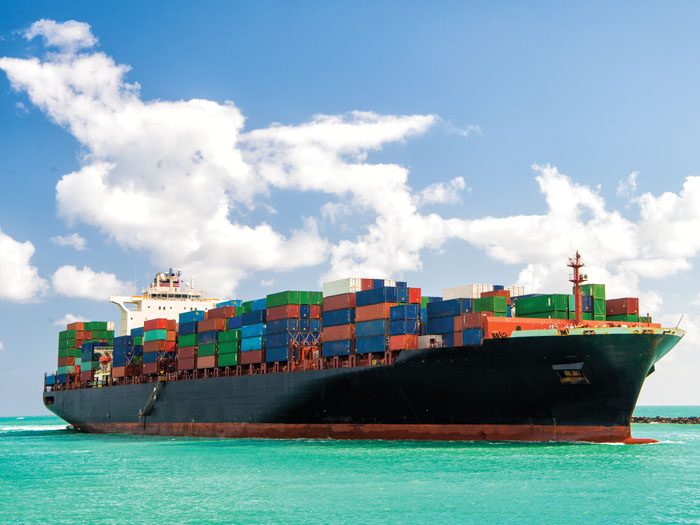Insurance Won’t Cover Federal Investigation of Freight Carrier After Delay in Claims Reporting

Crowley Liner, a Jacksonville-based water freight carrier and a wholly owned subsidiary of Crowley Maritime, was in hot water in 2008 when it attracted the attention of federal law enforcement.
Crowley Liner’s vice president of price and yield management at the time, Thomas Farmer, was suspected to have been involved in communications and agreements to allocate customers and coordinate pricing. This was in direct violation of the Sherman Act, which regulates competition among enterprises in the U.S.
The FBI and the DOJ alleged there had been price-fixing in Crowley Liner’s trade line between Puerto Rico and the U.S. A search warrant was issued to review the Crowley Liner facility.
Meanwhile, an affidavit was also issued, describing the ongoing investigation being carried out by the FBI. The affidavit was sealed. Both Crowley Liner and Farmer were soon subpoenaed.
Crowley Maritime held an executive and organization liability policy through National Union Fire Insurance Company of Pittsburgh. The policy would provide coverage on a “claims made” basis.
Crowley Liner reached out to National Union, providing initial “details of a DOJ/FBI investigation,” including a statement that “[t]he charges that may have [led] to the subpoena and search warrant are sealed at this point in time and no indictments have been filed.”
National Union acknowledged that Crowley Liner submitted notice, however concluded it did not have to provide coverage, because no one had been identified in writing as a target of the investigation.
This is because while the affidavit, a 48-page detailed record of the investigation, existed, it was sealed to the public. The search warrant did not name Farmer, nor did it provide sufficient detail to show the severity of the situation.
Over the next four years, Crowley Liner and National Union kept in constant communication regarding the investigation. As more details came to the surface, and the allegations against Farmer came to light, Crowley Liner asserted that the claim had been reported in a timely manner. National Union still denied coverage.
An arbitration panel assessed the details given to National Union at the time of the search warrant. The insurer, in turn, encouraged the panel to ignore the affidavit because it was unavailable at the time. The panel ruled in favor of the insurer, stating that a claim had never actually been reported in 2008.
Upon further review, the court supported the panel’s ruling.
Scorecard: Because Crowley Liner’s initial notice to National Union constituted as a notice of circumstances, the court decided it was not a claim made.
Takeaway: When facing legal ramifications, sometimes notifying an insurer isn’t enough. Be sure to gather all information, document all allegations and report claims as needed. &










